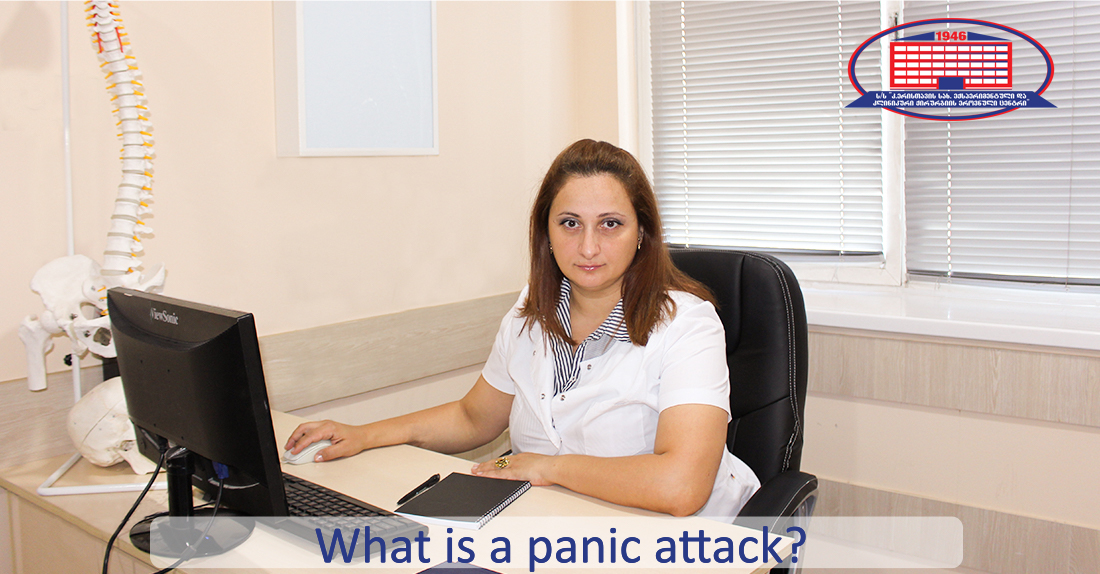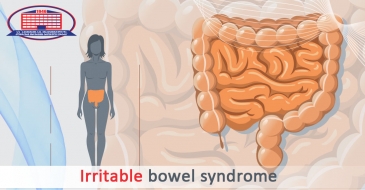
A panic attack is a psycho-neurological disorder.
A panic attack is a discrete episode of intense fear or discomfort. Between the attacks, a person is worried and troubled about the next attack. This groundless fear increases the possibility of attack repetition.
A psycho-neurological disorder that the majority of the world population is familiar with, negatively affects a patient's daily life. For example, a patient avoids places where s/he thinks the attack will start, has fear of being alone, and might even lose the desire to go out of the house.
The average age for onset of panic disorder is 20-24 – in a few cases, it occurs even in children. Women suffer from panic attacks more frequently.
Neurologist, Doctor of Medical Sciences Tatuli Gubeladze of the National Center of Surgery discusses panic attacks.
– Dr. Tatuli, What are the symptoms of the panic attack?
– The signs of the panic attack:
- Accelerated heart rate;
- Sweating;
- Internal heat;
- Feeling of numbness/pricking, weakness or loss of strength in extremities;
- Chills, internal trembling, tremor;
- Dry mouth (if the reason isn't dehydration or certain medication);
- Difficulty breathing, panting;
- Feeling of suffocation;
- Pain/discomfort in the chest area;
- Nausea/abdominal stress (for example, burning in the stomach area);
- Dizziness, loss of coordination;
- Feeling that objects aren't real or as if their "I" is far away, "I'm not me anymore";
- Fear of losing control, going insane or dying.
–What causes panic attacks?
– The basic cause of panic attacks is chronic, mostly unconscious intense turmoil that is caused by internal factors/conflicts in the first place and not the external ones. The bases of panic attacks are so-called neurotic patterns of the person and therefore, working on the reasons means understanding your neurotic mechanisms and personal changes.
– Is the panic attack connected to mental disorder?
– A panic attack may be revealed together with several mental disorders including anxiety disorder, eating disorder and depression. Albeit, a panic attack might be revealed when there are no particular psychopathologies. For example, it's not unusual for people who’ve experienced panic attacks in a stressful environment.
– Is panic attack treatable and how do you treat/manage this condition in the National Center of Surgery?
– Medication treatment is seldom needed and in most cases, the desired results (being free of panic attacks) are achieved without the medications. The latter is used as a temporary relief, although psychotherapy is necessary to eradicate the real cause of the problem.
For panic attack diagnosis, it's necessary to have at least 4 symptoms out of the above-mentioned signs.
Wish you health!










